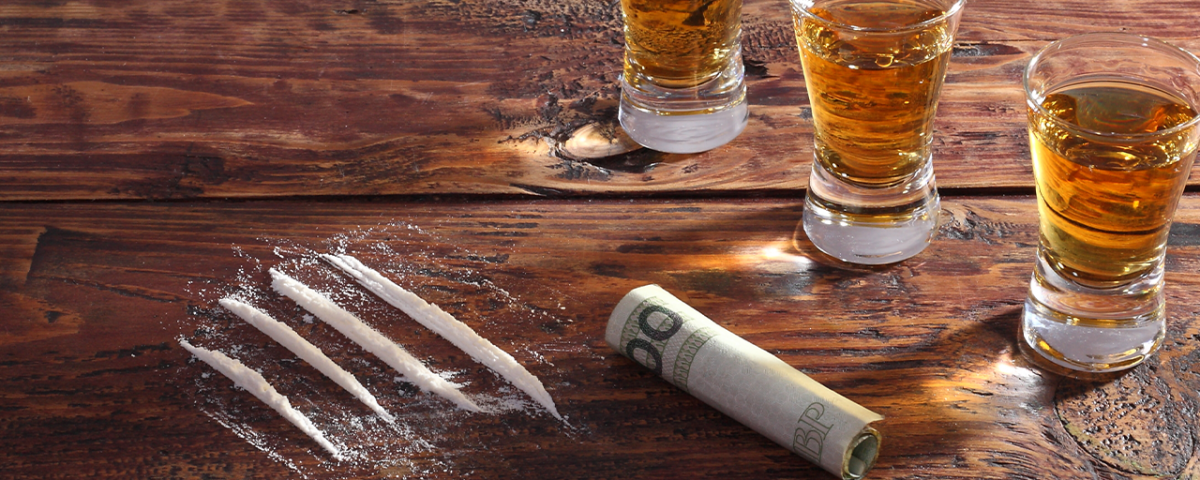What is cocaethylene? When you mix cocaine, a psychoactive stimulant drug, and alcohol, another powerfully addictive substance, you have cocaethylene. The side effects of both drugs can damage the body’s system on their own, but when a person combines the substances, then this particular chemical activates. The chemical builds up in the body’s organs like the liver or the immune system. Cocaine and alcohol are considered socially accepted party drugs, making the interaction common.
How Is Cocaethylene Produced?
The liver is the primary organ associated with the detoxification process in the body. Most waste or toxins from drugs like cocaethylene are processed through the liver. Cocaine and alcohol damage the body’s tissue and must be removed from the bloodstream. The liver plays a vital role in cleaning out the toxins in the blood and body. Cocaethylene develops and is processed through the liver.
The chemical is produced about two hours after ingestion of both substances. The body is halted from completely processing cocaine when it’s mixed with alcohol, creating cocaethylene. Since both drugs are heavy and cause serious side effects, the body’s metabolizing system is slowed down, leaving twenty percent of the drug remaining in the body. The idea of this processing happening in the liver is to avoid toxins going into or staying in the bloodstream, but when a person continues to drink after drug misuse, the bloodstream, tissues, and other organs are disrupted.
Cocaine and Alcohol Makes Cocaethylene Buildup
Cocaine mixed with alcohol does more than giving a person a coke hangover or a migraine from alcohol. When a person consumes both substances, then the risk of alcohol poisoning increases. The body and mind can go into shock due to the harsh sensations and toxins streaming through the system. Other cocaethylene effects that begin in the liver include:
- Stroke
- Chest pain
- Sedation or coma
- Impaired judgment
- Cardiovascular issues
- Spontaneous heart attack
- Impulsiveness or restless behaviors
- Damage to veins, heart tissue, and arteries
The chance of overdose and the risk of death is dramatically heightened when a person consumes cocaine with alcohol. A person should strongly consider undergoing a medically monitored detox, complete with professionals, to avoid overdose or long-term health complications.
What Is the Cocaethylene Half-Life?
How long the chemical stays in the body’s system depends on numerous factors, like if the person was a chronic user. However, cocaine does not last long in the body, and the elimination half-life of a metabolite like cocaethylene can last anywhere from 14 hours to over 50 hours. Therefore, a person needs to not drink or take cocaine for over a week for the chemical to completely exit the body.
Depending on how the drug is tested can determine the duration of the substance’s stay in the system. For example, cocaethylene can be tested in the hair for up to ninety days after the last use. Additionally, urine tests can detect the chemical a week after use and, if tested in the blood, this can be seen for up to ten hours after the last use.
Care at Our Detox in Delaware
At Banyan Treatment Centers Delaware, we offer alcohol addiction treatment and cocaine addiction treatment for those who are struggling with side effects or are relapsing. Our team of experts is prepared to help patients focus on their triggers and patterns while going through the withdrawal process. We pride ourselves on maintaining a clean and secure environment during treatment.
Please, don’t wait to recover and get back on track with the life you want to live. Speak to a specialist at Banyan Delaware by calling 888-280-4763 and asking about our support for families of addiction!
Related Readings:
Risks of Mixing Soma and Alcohol









